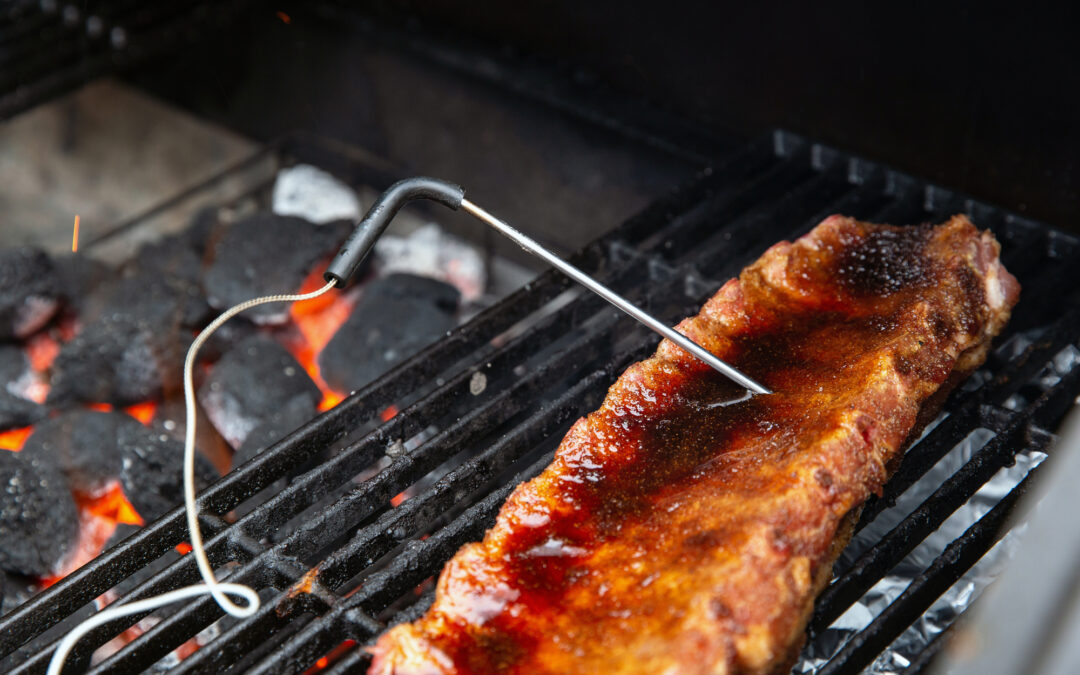Good Food Practices for Your Picnics, Barbeques and Reunions
Spring is here—time to roll the grill out of the garage or head to the lake for a picnic. There’s just no question about it—everything tastes better when you cook and eat it outdoors! But you’ll have a lot less control of things like germs and warm temperatures, which can potentially make food unsafe. Here are some simple steps you can take this summer to ensure that all your outdoor meals have a happy ending.
- Carefully wash anything that will touch your food, including your hands, any pots and pans you’ll use, your work surfaces (including cutting boards) and tongs, spatulas and other utensils. When cooking anything on a grill, smoker or other outdoor surface, preheat before you put any food on. You’ll kill virtually all bacteria with temperatures above 225°.
- Don’t prepare in advance—In most things, advance preparation is a good thing. With food, it’s usually not. By cooking and immediately eating food, you virtually eliminate the risk that bacteria will cultivate. The longer food sits around, the greater the risk of contamination.
- Wash fruits and vegetables, but not meats—Studies show that washing chicken, beef and pork can actually introduce bacteria. It’s better to leave it alone or pat it dry (if you’re putting spices or sauces on before you cook).
- Keep any food that includes mayonnaise or dairy in an insulated cooler if you’re not going to eat it immediately after preparing it.
- Defrost meats and fish in the refrigerator (not on the counter or in a cooler). If you have marinated the raw meat, don’t reuse the marinade unless you first put it on the stove and bring it to a low boil.
- Try to make enough, but not too much—If food has been sitting outside for more than two hours, it’s usually safest to throw it away. If the outdoor temperatures go above 90°, food may only be good for an hour
- Use a probe to make certain meats are fully cooked—There’s less risk of food-borne pathogens in beef than in pork or chicken, which should both be cooked to an internal temperature of 160° or higher.
- Use separate plates and utensils for cooked food and for raw meats, so that you eliminate the risk of spreading bacteria
Don’t run the risk of getting sick on a picnic this summer. By following a few simple food rules, you can treat your taste buds without the need for medical treatment.


